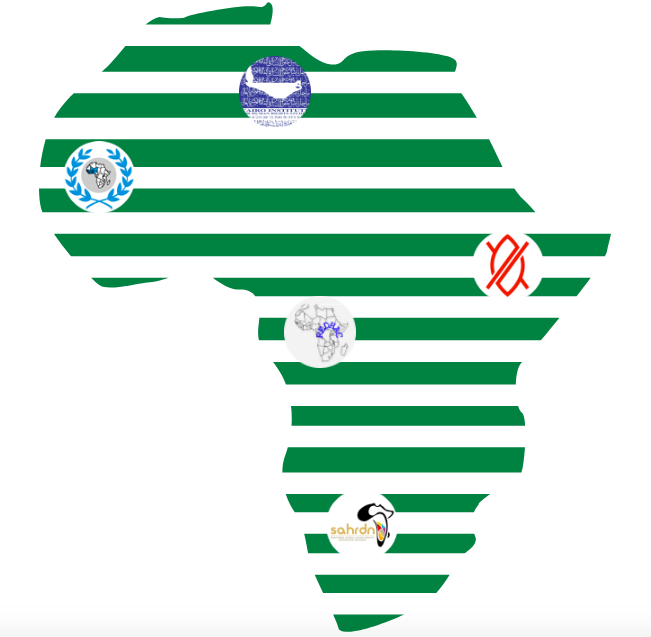Honourable Chairperson,
Honourable Commissioners,
Distinguished ladies and gentlemen,
DefendDefenders and AfricanDefenders welcome the report of the of Chairperson of the Working Group on the Rights of Older Persons and People with Disabilities in Africa. In this statement, we highlight the situation of persons with disabilities (PWDS) including human rights defenders (HRDs) with disabilities, following a research mission conducted in Ethiopia, Somalia, and South Sudan- all countries in conflict.
PWDs including HRDs with disabilities living in conflict areas face overwhelming challenges. They face greater risks of being caught in fighting and have been left behind when communities flee attacks. Many have to rely on assistance to be able to flee conflict areas which is often unavailable. In Somalia, an HRD with disability noted cases where people with hearing impairments were shot by the military for failure to stop at a security check.
Women and girls with disabilities across the three countries are subjected two multiple discriminations. Women particularly with visual impairment and intellectual disability face an increased risk of sexual and gender based violence. Additionally, women and girls struggle to access justice. Women who have been violated often don’t have the capacity to report and even those that report are not believed or their credibility is questioned.
People with disabilities have limited access to humanitarian assistance. The support provided by humanitarian organisations and governments is often inaccessible. Several HRDs with disabilities noted that aid is provided in a central area with no consideration to PWDs. They have to line up or fight for what is available, or wait to get what remains. Even in camps for internally displaced persons, accommodation, food distribution, and washrooms are not accessible to PWDS.
Additionally, PWDS are uniquely impacted by the pandemic, with challenges ranging from access to healthcare, education, to transport considerations. PWDs have a higher risk of contracting covid because the dissemination of information about the disease, including the symptoms and prevention, are not provided in accessible formats such as print materials in Braille, sign language interpretation, captions, audio provision, and graphics.
With the closure of schools, children with disabilities lack access to basic services like assistive technologies, internet, or electricity to benefit from online education. As public transport is modified to curb the spread of corona virus, PWDs who rely on these methods for accessible transport are restricted. Several HRDs with visual impairment noted that due to Covid-19 the general public stopped assisting blind people crossing the streets.
Considering these preliminary findings, we urge all African states to sign and ratify the Protocol to the African Charter on Human and Peoples’ Rights on the Rights of Persons with Disabilities in Africa. To date, only nine states have signed the protocol and none have ratified it. This Protocol guarantees further protection of the rights of PWDs on the continent; and urges member states to take appropriate and effective measures to ensure protection and promotion of the rights and dignity of PWDs without discrimination based on disability.
I thank you.

